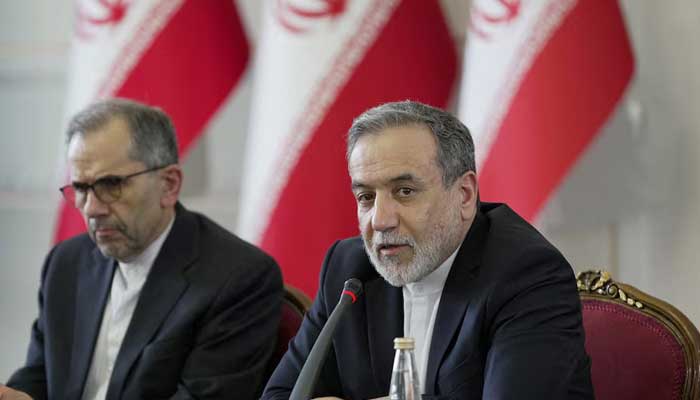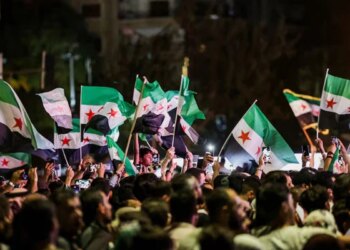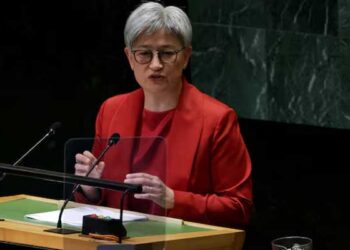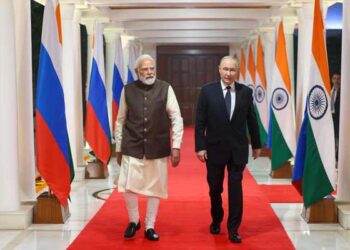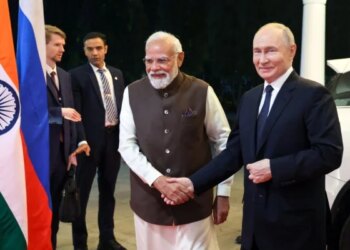Select Language:
Iran’s Foreign Minister Abbas Araqchi addressed a gathering of foreign ambassadors in Tehran on July 12, 2025. The upcoming meeting between Iran and Britain, France, and Germany is set to take place in Geneva, according to Iranian state media reports. This will be the second round of discussions since Iran’s 12-day conflict with Israel in mid-June, during which the U.S. launched strikes against Iran’s nuclear facilities. The previous negotiations occurred in Istanbul on July 25.
Following the conflict, Iran halted cooperation with the UN’s nuclear watchdog, citing the International Atomic Energy Agency’s (IAEA) failure to condemn Israeli and American attacks on its nuclear sites. The conflict disrupted nuclear talks involving Tehran and Washington during the 12-day war.
The European countries—Britain, France, and Germany—have warned they might activate a “snapback mechanism” under the 2015 nuclear deal, which would restore UN sanctions lifted under the agreement, unless Iran agrees to limit its uranium enrichment and cooperate fully with IAEA inspections. Iran challenges the legitimacy of this move, accusing European nations of not upholding their commitments under the accord.
The 2015 agreement, known as the Joint Comprehensive Plan of Action (JCPOA), was brokered by Iran, the U.S., and European nations, and aimed to lift sanctions in exchange for restrictions on Iran’s nuclear program to prevent it from developing nuclear weapons—a goal Iran has consistently denied pursuing. However, the U.S. withdrew unilaterally in 2018 under President Donald Trump, reinstating heavy sanctions that prompted Iran to scale back its commitments, notably on uranium enrichment.
Despite the U.S. exit, Britain, France, and Germany reaffirmed their support for the JCPOA and intended to maintain trade with Iran. Consequently, UN and European sanctions were not reimposed, though many Western companies exited the Iranian market amid economic crisis and inflation. The European nations have proposed extending the October deadline to trigger the snapback mechanism, contingent on Iran resuming nuclear negotiations with Washington and reengaging with the IAEA. Iran’s Foreign Minister Abbas Araqchi has rejected this proposal, asserting that Europeans lack the authority to do so.

